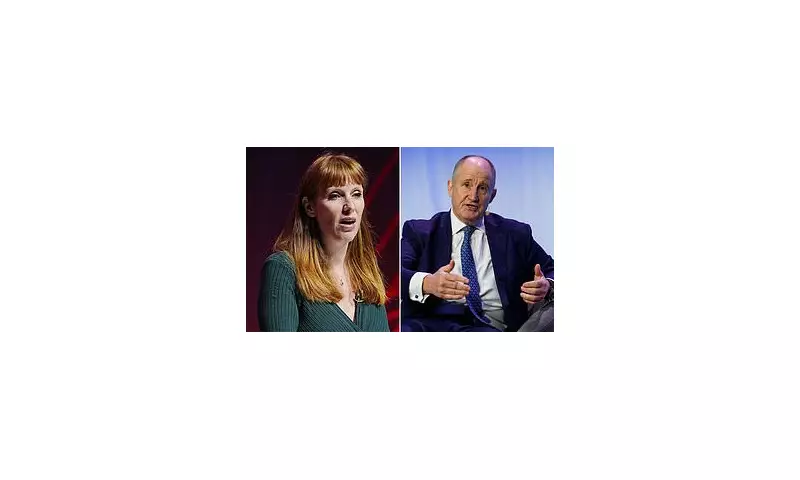
Growing concerns have emerged over Labour's plans to formally define Islamophobia, with critics warning the move could severely restrict free speech in the UK.
The Controversial Proposal
Labour is reportedly considering adopting an official definition of Islamophobia that would classify certain criticisms of Islam as hate speech. The proposed definition, based on the All-Party Parliamentary Group (APPG) on British Muslims' 2018 report, has sparked intense debate across political circles.
Free Speech Under Threat?
Opponents argue the definition is dangerously broad and could criminalise legitimate discussion about religious practices. Former Home Secretary Suella Braverman has been among the most vocal critics, claiming the proposal would 'silence important debates about extremism.'
Supporters counter that a clear definition is needed to combat rising anti-Muslim prejudice. The Muslim Council of Britain has long campaigned for official recognition of Islamophobia, pointing to increasing hate crime statistics.
The Political Fallout
The debate comes at a sensitive time for Labour, with:
- Party leaders attempting to balance minority community concerns
- Growing pressure to address religious discrimination
- Fears of alienating moderate voters
Conservatives have seized on the issue, accusing Labour of prioritising political correctness over fundamental British values. The government has previously rejected calls for an official Islamophobia definition, opting instead for a broader approach to tackling religious hatred.
What Happens Next?
As consultations continue, legal experts warn the proposed definition could have far-reaching consequences for:
- Media reporting on religious issues
- Academic freedom in universities
- Political discourse during election campaigns
The controversy shows no signs of abating, with free speech advocates and anti-racism campaigners locked in a heated debate about where to draw the line between legitimate criticism and religious hatred.





